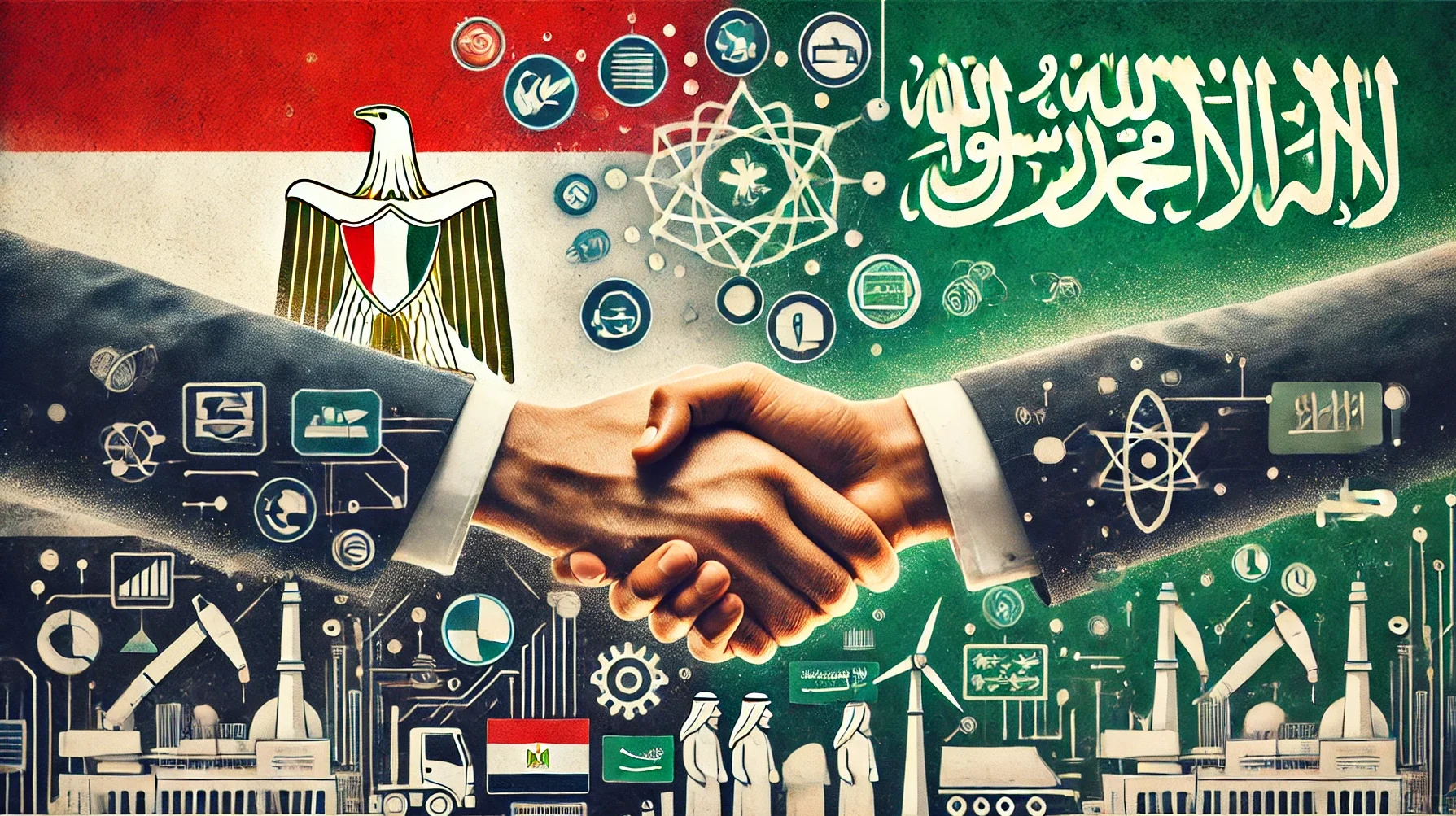Egypt and Saudi Arabia: The Beating Heart of the Arab Nation
Al-Masry Al-Youm, Egypt, September 15
King Abdulaziz Al Saud declared long ago, “The Arabs cannot do without Egypt, and Egypt cannot do without the Arabs.” This profound statement underscores the unique nature of Egyptian-Saudi relations, with Egypt serving as a strategic depth for Saudi Arabia and vice versa. The two nations have historically maintained close ties, rooted in a deep, mutual dependence. Egypt has consistently stood alongside Riyadh through every pivotal moment, while Saudi Arabia, in turn, has always offered unwavering support to Cairo through crises and turbulent events in the Middle East. This steadfast partnership is an indisputable fact, evidenced by the enduring bond that dates back to the Treaty of Friendship in 1936. Under the leadership of President Abdel Fattah El-Sisi, King Salman bin Abdulaziz, and Crown Prince Mohammed bin Salman, Egyptian-Saudi relations have flourished. The frequency of visits between leaders of the two nations has increased, and cooperation has expanded to include military, economic, and investment sectors. Numerous agreements have fortified their strategic partnership, making Saudi Arabia Egypt’s largest trading partner in the Middle East. Despite occasional differences in viewpoints, the historical relations have proven resilient, providing a model of solidarity that others can emulate. The strong historical and popular ties, coupled with shared interests, have imbued these relations with a unique character. The necessity of cooperation between Egypt and Saudi Arabia is driven not only by regional challenges but also by the bilateral development ambitions outlined in their respective national visions. Egypt’s large-scale national projects present attractive opportunities for Saudi investments, particularly in the green economy, technology, and renewable energy production. The stability and strength of Egyptian-Saudi relations are undeniable. Together, they form the beating heart of the Arab nation and possess an extraordinary capability to navigate and resolve the Middle East’s crises. The ongoing tensions and potential for conflict in the region, exacerbated by Israeli actions in the Palestinian territories and southern Lebanon, underscore the critical need for cooperation. The depth of their ties and the solid foundations they rest upon paint a promising future for both nations. History tells us that Egypt and Saudi Arabia prioritize consultation, communication, and coordination on all bilateral and regional issues. Enhancing their economic partnership is an urgent necessity, especially given the persistent efforts by certain parties to undermine their relationship and weaken both nations, as well as the broader Arab world. Recognizing these challenges, there is a clear need to shield and fortify their alliance. As cornerstones of Arab and regional security, recent political and diplomatic initiatives reflect the growing desire to deepen relations further. These moves are a testament to their ability to address shared security challenges, counter cybercrimes, and enhance capabilities through the exchange of expertise. The recent strides towards bolstering cooperation align with the economic and investment policies implemented by the Egyptian government. These policies aim to attract Arab and foreign investments with positive signals to the business community, including a package of tax incentives designed to improve investor relations with the Tax Authority and stimulate business activity. The objective is to make investors feel valued, overcome tax-related obstacles, and ultimately enhance productivity and economic growth, thereby fostering a more robust macroeconomic structure reliant on production, export, and foreign trade. In conclusion, strengthening Egyptian-Saudi relations during this critical period in Middle Eastern history stands as a political and diplomatic triumph. Egyptian-Saudi relations are stable and solid, forming the beating heart of the Arab nation with a unique capacity to resolve the many crises plaguing our region. —Majed Mounir (translated by Asaf Zilberfarb)

